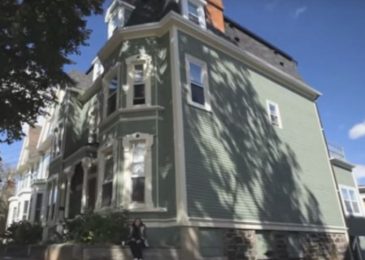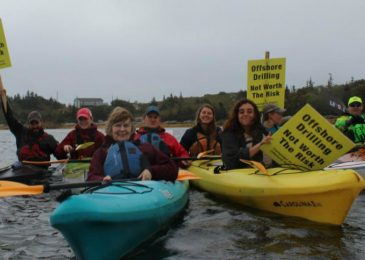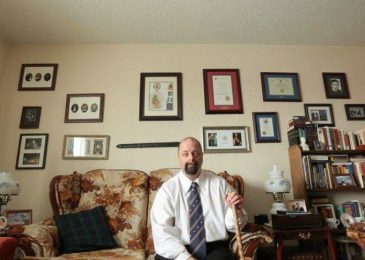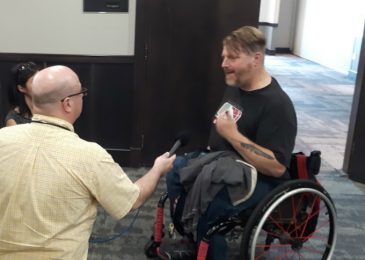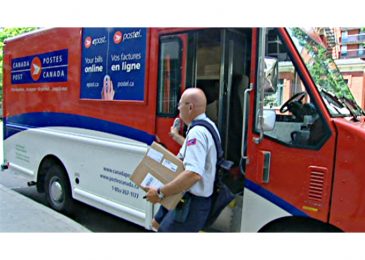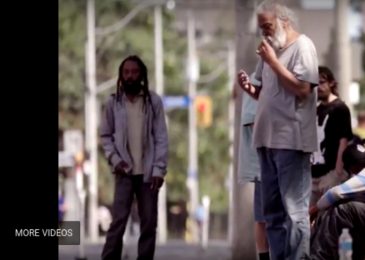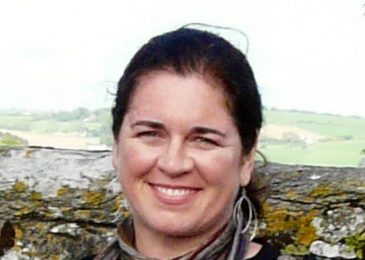Freedom 60: A thank you letter to Adsum for Women and Children
“I had just turned 60 and I knew I had to make some drastic changes in my life, if not I felt certain I would not have a life, or my mind would be so completely gone, that I would not have been any good to myself or anyone else. I should have been looking forward to retirement and a relaxed future but instead I was sleeping with my phone under my bed clothes ready to dial 911.” Devorah Rivkah writes about the life-changing powers of Adsum for Women and Children.

